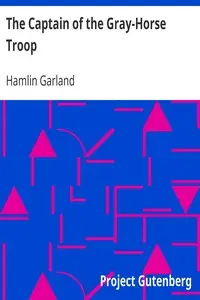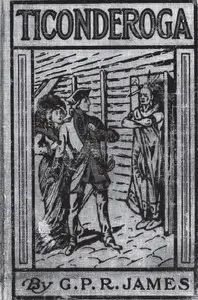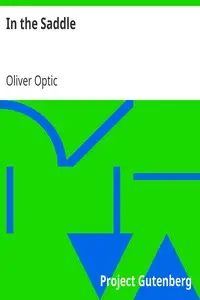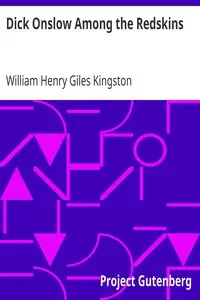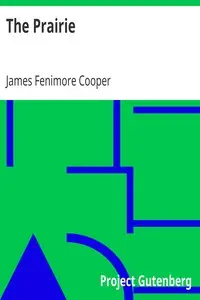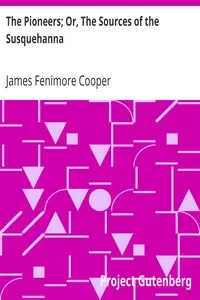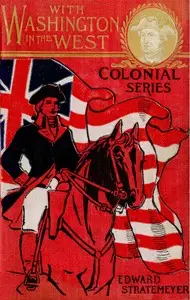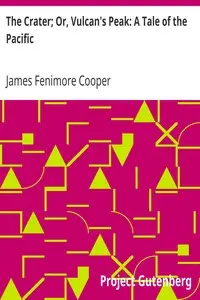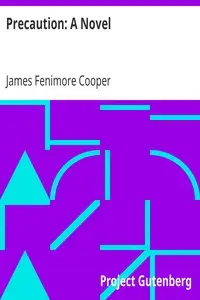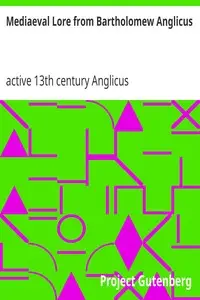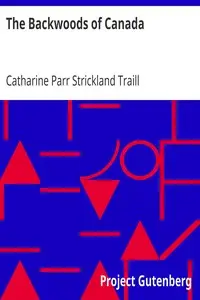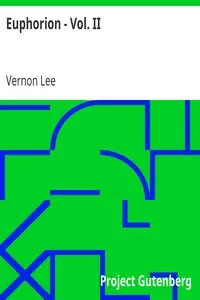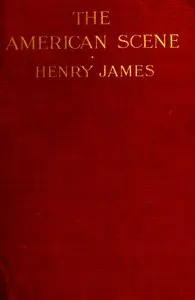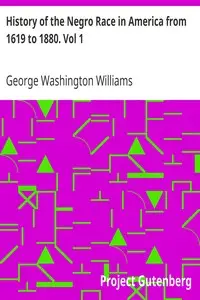"The Redskins; or, Indian and Injin, Volume 1" by James Fenimore Cooper is a story set in mid-19th century New York that looks at the battles over who owns the land and what that means for people of different social classes. The main people in the story, like Hugh Roger Littlepage and his uncle, have to deal with problems between landlords and tenants while trying to protect their family's land. The story kicks off with Hugh and his uncle, called Ro, coming back to their estate from a long trip, finding out things have changed while they were gone. They discover the area is in trouble with landlords struggling with people refusing to pay rent, threatening the order of society, property rights, and the way things have always been done.
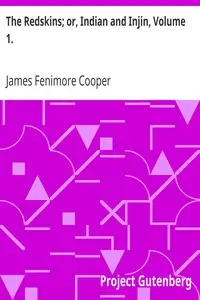
The Redskins; or, Indian and Injin, Volume 1. Being the Conclusion of the Littlepage Manuscripts
By James Fenimore Cooper
A family's return home ignites a clash over land, legacy, and justice, thrusting them into the heart of a community divided by old wounds and new grievances.
Summary
About the AuthorJames Fenimore Cooper was an American writer of the first half of the 19th century, whose historical romances depicting colonial and indigenous characters from the 17th to the 19th centuries brought him fame and fortune. He lived much of his boyhood and his last fifteen years in Cooperstown, New York, which was founded by his father William Cooper on property that he owned. Cooper became a member of the Episcopal Church shortly before his death and contributed generously to it. He attended Yale University for three years, where he was a member of the Linonian Society.
James Fenimore Cooper was an American writer of the first half of the 19th century, whose historical romances depicting colonial and indigenous characters from the 17th to the 19th centuries brought him fame and fortune. He lived much of his boyhood and his last fifteen years in Cooperstown, New York, which was founded by his father William Cooper on property that he owned. Cooper became a member of the Episcopal Church shortly before his death and contributed generously to it. He attended Yale University for three years, where he was a member of the Linonian Society.

